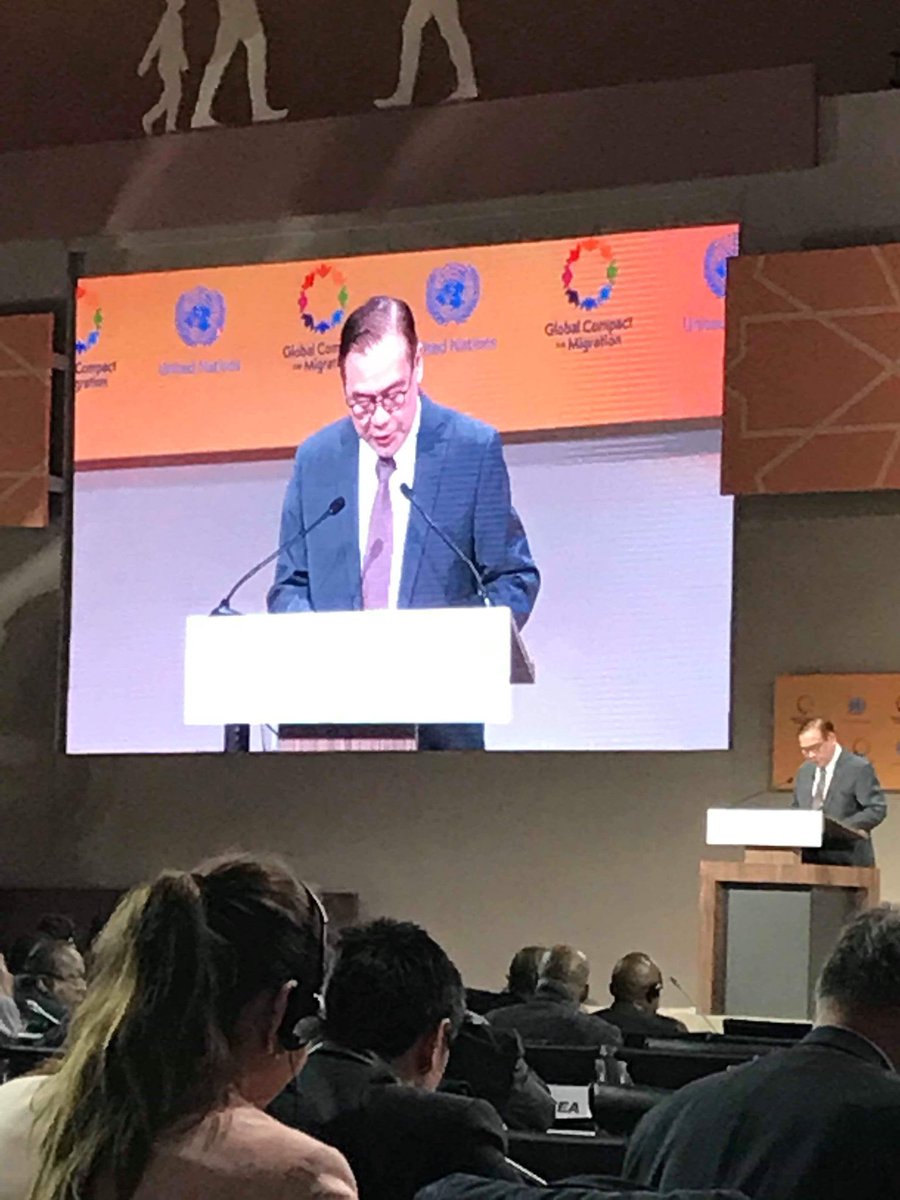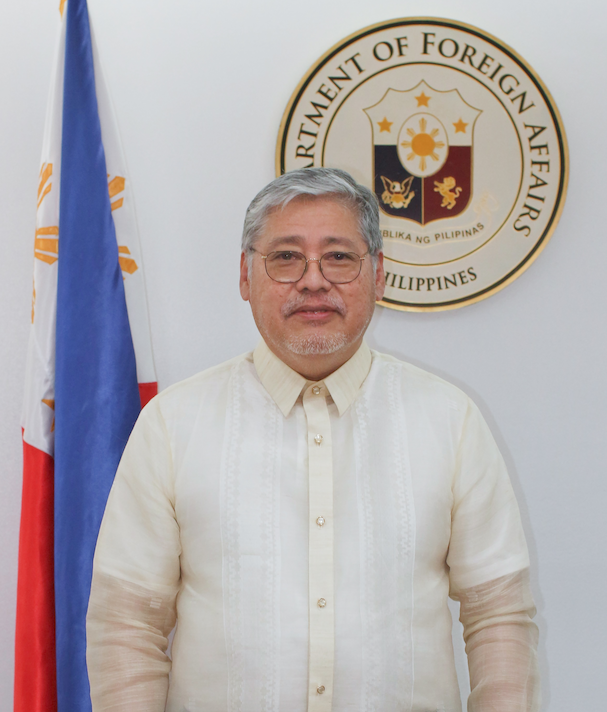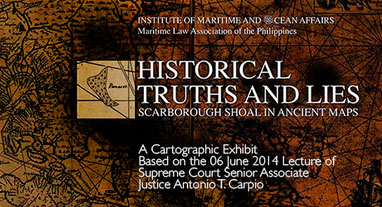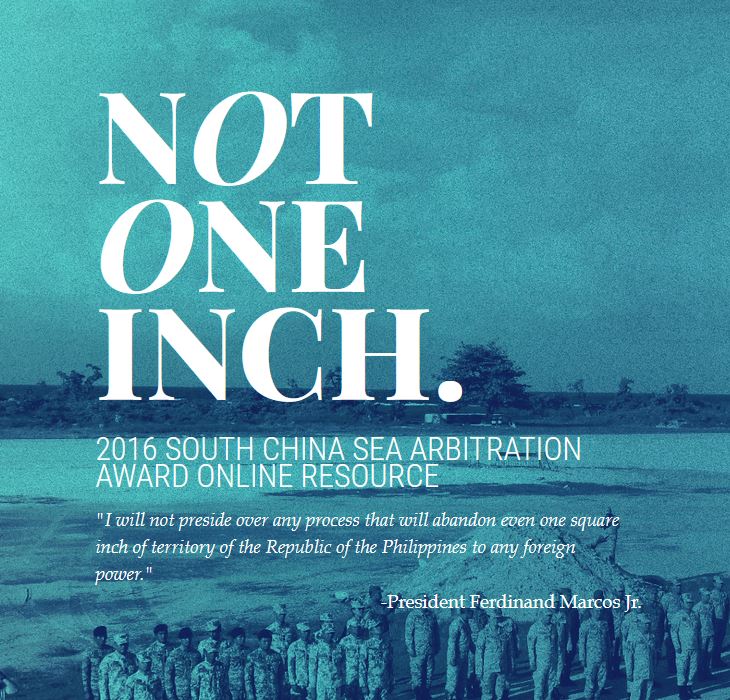
Delivered at Bab Ighli, Blue Zone in Marrakesh, Morocco on 10 December 2018]
Excellencies, ladies and gentlemen. We thank the Kingdom of Morocco for its warm and generous hospitality.
These are days of fear, fury and confusion. Some of our friends in today’s endeavor have withdrawn under pressure from their constituencies. And they must indeed respond to them for we are democracies. But while some of the lights are going out in the West as once they did, the bright shining lights of the likes of Germany, France and Spain continue to push back the darkness enveloping the migrant experience. The Philippines is not discouraged. The GCM enjoys near universal support and those not yet ready to commit recognize the clear need to discuss migration.
We have defeated the notion that migration is bad; quite the opposite. And we did this with facts and not frightful fantasies of losses of jobs no Westerner would take. We did it with reason by showing that migrants have been useful additions to host countries. Not fear but facts shaped our perception; reason not passion distinguished discussion at the UN if nowhere else, and we should be proud to acknowledge that a decent regard for the opinion of mankind dictated our decision to adopt the Global Compact today.
Migration is a shared responsibility of sending, receiving, and transit states. No one state can address it alone; nor should any leading state take the lead in saying what can be done for and about it. That, simply, is the message of the Global Compact for Migration. Not just the Compact of Marrakech but the Global Compact for Migration at all times and in all places.
The Compact does not derogate one iota from sovereignty. On the contrary, it reveals sovereignty’s fundamentally moral nature. A key aspect of sovereignty is the care states must take of people the under them even if they are on the move—from countries of origin, through countries in transit, to where finally they end up. The Compact merely speaks truth to sovereign power. The Compact merely speaks the truth to sovereign power.
Sovereignty is as much a duty of care as it is an assertion of unlimited freedom of action. The two combine in the willing assumption of that duty on the part of states. And that is the problem. States wish they could pick and choose which migrants to take; and for the most part they are able to. But migrants do not stand on auction blocks, impassively awaiting the cry of the auctioneer: “Sold!” That is the fond desire but this is the modern world.
To select from a moving tide of humanity— fleeing the injustice of places with bad governments— or the injustice of God putting them there at birth— cannot be a neat process. Migrants are not slaves in transport but free human beings on the move, with more courage to improve their condition abroad than endurance to persist in the wretched places they must flee or perish. And while the lust to wander is immemorial, still there is no place like home if you can live in it.
Sometimes the needs of state and migrants overlap; sometimes not; hence the false and ugly narratives of migration peddled by those who have benefited from migration but fear too much of it. Western cities would be cesspools without migrants; and there would be no World Cup as my friend Fernando of Mexico said—or the games would be far inferior to what we have cheered. This is the enigma of arrival: the arrival of needed migrants— some or even most of them— but not all.
This is where sovereignty comes up against— not a challenge to its sovereign freedom to act— but to the moral imperative to live up to a standard of reciprocal decency in its actions. For one day a sovereign people may find themselves migrants as well.
No enforceable obligation can be laid on sovereignty. But certain standards are expected of it. And so at the GCM negotiations the Philippines proposed treating migration, as much a matter of migrants’ expectations, as of a state obligation to uphold a standard of decency in rites of migrant passage and arrival.
The Global Compact for Migration took two years of difficult negotiations over complex issues. But for the ironic opposition of two great powers— one a country of migrant origin and the other entirely composed of migrants we persevered in the assurance that decency would prevail. And it is in decency that we anchored the Compact.
We were emboldened by the thought that in the worst of times hateful of migrants, we had the best chance of producing the most enduring document. A document on migration with the fewest illusions; fired with the utmost sincerity, and wholly devoid of the least purpose of evading obligations freely assumed and never imposed, to be willingly carried out. A document that, when the pendulum swings back to decency, will call for easy improvement by being built on an enduring foundation of the best that was possible in the worst of times.
As we said at the final round: “If this fails adoption we won’t be back where we started but farther back in a far worse place.” For failure sends the signal that it is impossible to achieve an international consensus on morality; that universal values do not exist; that decency is merely option; that there is no right and wrong; and that every country can treat migrants as they please. There are many ways by which states can regulate the migration process; but only one way to treat migrants: and that is with decency.
Thank you for adopting the Global Compact of Decency for Migrants. Our fears are allayed. Our hopes are raised. END












 For more information, download the flyer
For more information, download the flyer 








